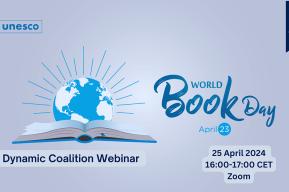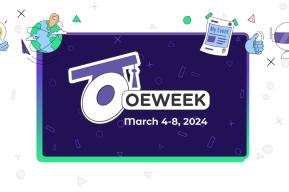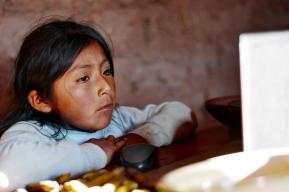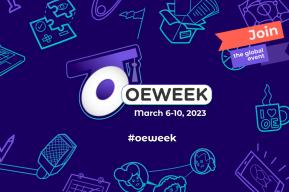News
Developing Open Educational Resources in Uzbekistan
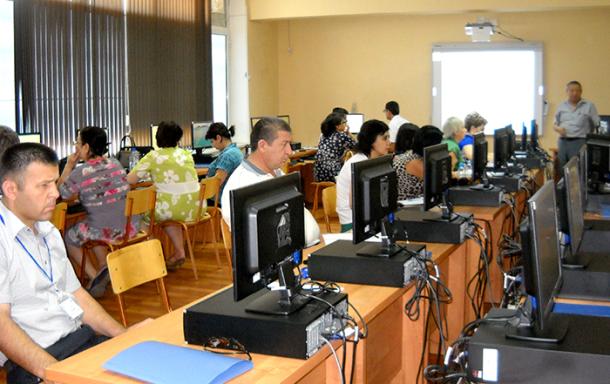
In order to contribute for implementation of the national policy framework on universal access to information and knowledge using ICTs and Open Solution, the National Commission of the Republic of Uzbekistan for UNESCO organized the National Training Seminar on Open Educational Resources in Tashkent from 22 to 25 June 2015. The Seminar has been held within the framework of UNESCO’s Participation Programme on “Development of OER and Preservation of Documentary Heritage in Libraries of Uzbekistan”.
The Seminar was initiated as follow up of the 2012 Paris Declaration on Open Educational Resources and 2015 Qingdao Declaration adopted at the International Conference on ICT and Post-2015 Education. The content of the seminar was elaborated on the basis of the 2012 UNESCO Policy Guidelines for the Development and Promotion of Open Access. Seminar’s participants represented information-resources centers of the 31 universities from all regions of the country, National Library of Uzbekistan and Ziyonet Education-Information Nation-Wide Network.
Since training modules included practical online exercises, the Open Resources Center of the National University of Uzbekistan, which possesses broadband-enhanced ICT facilities, was selected as venue for the event. The opening ceremony of the seminar was attended by Rector of the Uzbekistan National University, Head of UNESCO Tashkent Office, Deputy Minister of Higher and Secondary Specialized Education of Uzbekistan, Director of the National Library of Uzbekistan and Secretary-General of the National Commission of Uzbekistan for UNESCO. Keynote speech was delivered by an expert from the Tashkent University of Information Technologies. Training modules were covering subjects on Open Access Journals, Open Access Repositories, Creative Commons, Digital Online Libraries, E-Learning Design.
At the end of the Seminar all participants had an opportunity to pass online examination on “Open Educational Resources” of the UNESCO International Institute on Information Technologies in Education, Moscow. In order to achieve multiplied effect, it has been decided that all participants upon return to their respective organizations will organize similar training sessions and modules for the staff of the libraries and teachers of the universities for the purpose of sharing the learning materials on Open Solutions and for the establishment of a network among libraries and higher educational establishments worldwide.
Open Educational Resources (OER) are teaching, learning or research materials that are in the public domain or released with an intellectual property license that allows for free use, adaptation, and distribution. They provide a strategic opportunity to improve the quality of education as well as facilitate policy dialogue, knowledge sharing and capacity building. Over the last 10 years, UNESCO has helped spur an international movement in support of OER.


